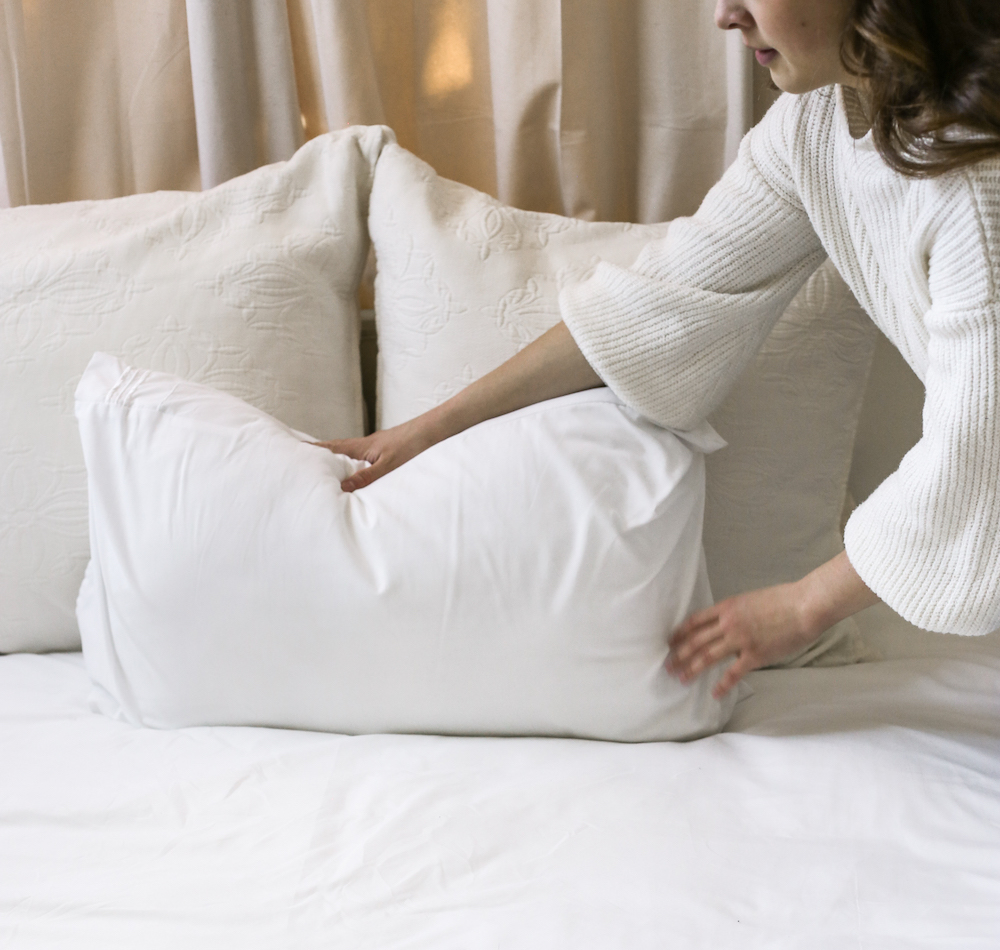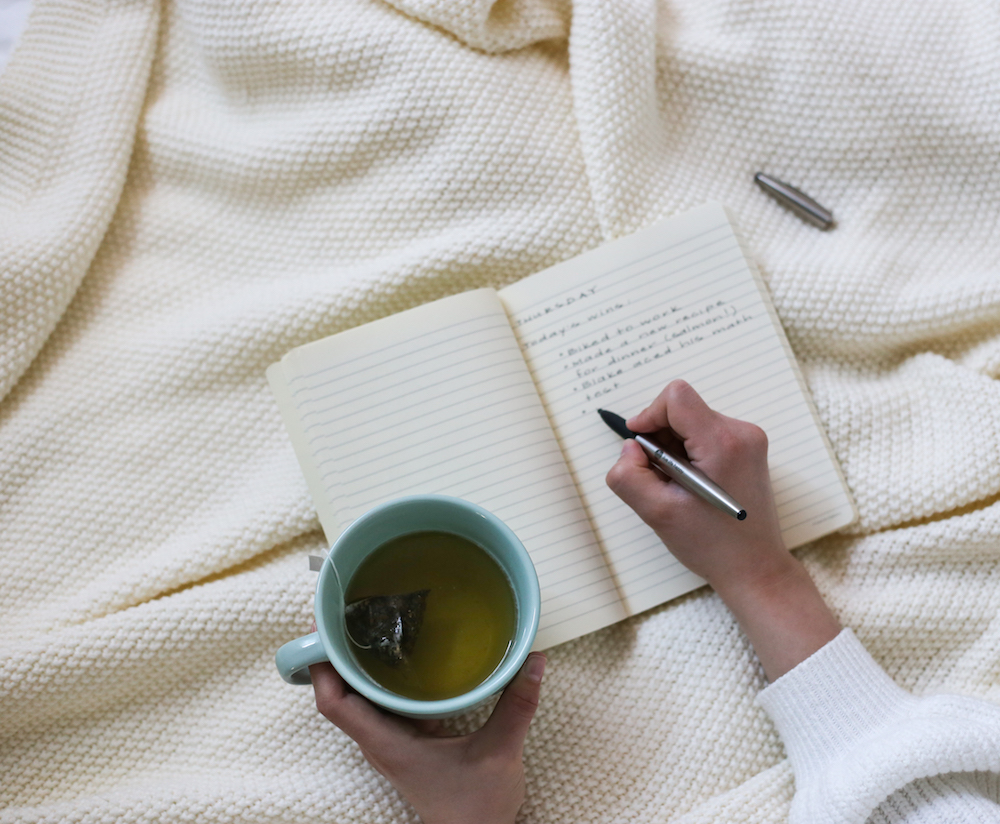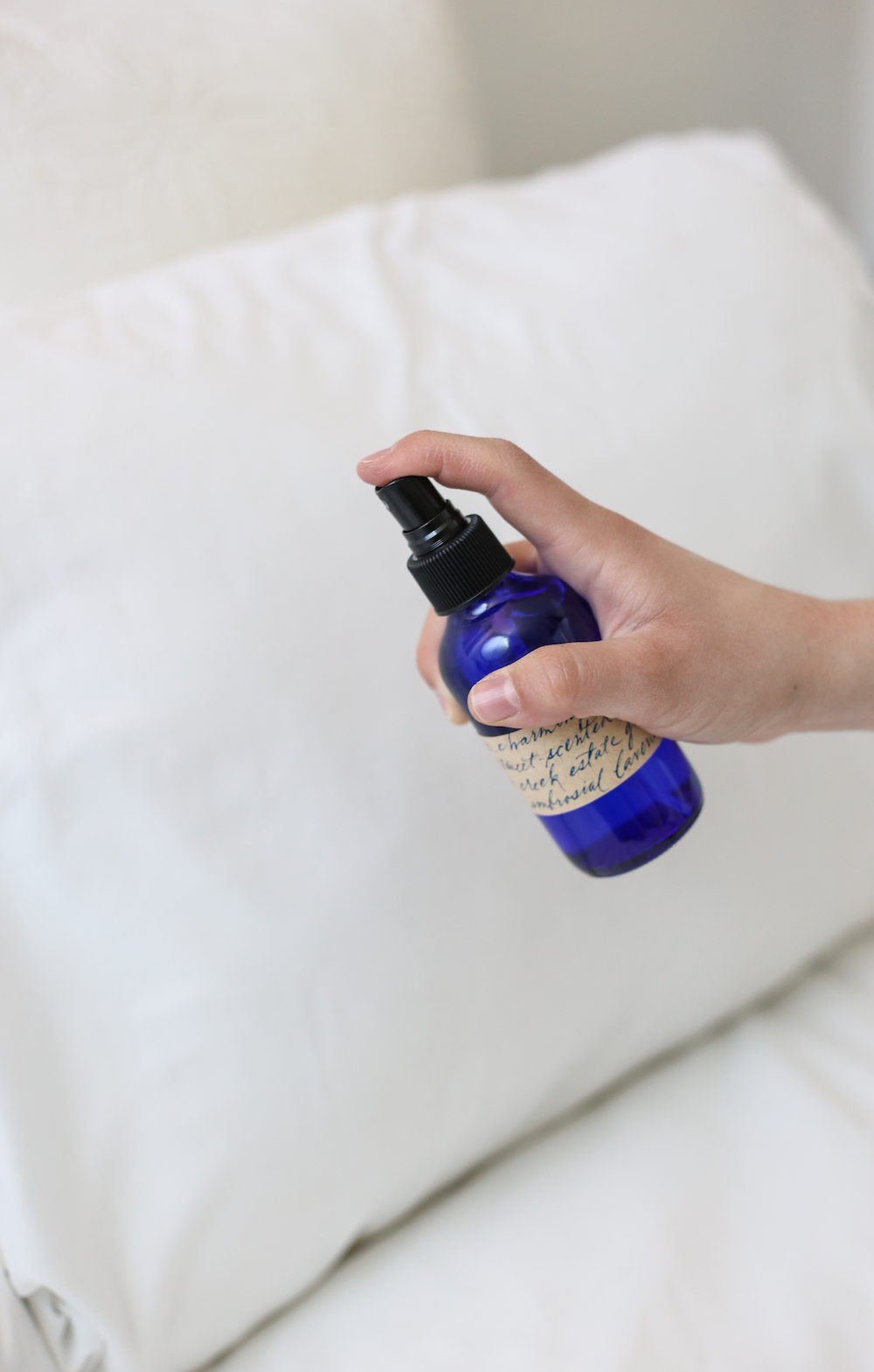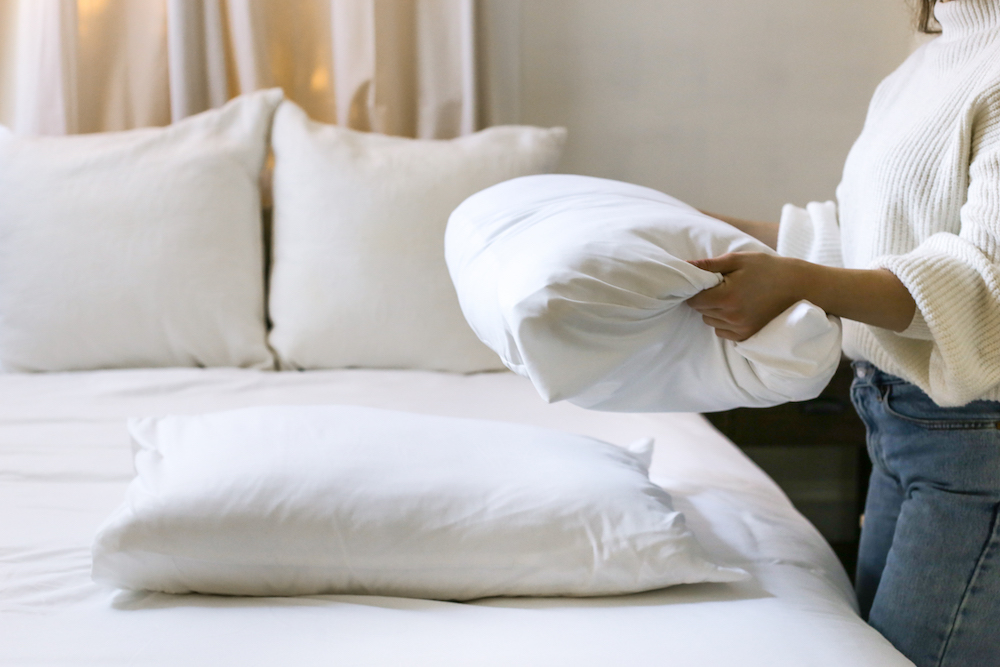It’s estimated that at least 1 in 3 Americans experience chronic sleep deprivation. However, regular ongoing sleep is crucial to good health. A proper night’s sleep helps reduce stress, improves memory, lowers blood pressure, maintains bodyweight, and revitalizes the immune system. Plus, it puts you in a better mood, can help to eliminate pain, and will increase productivity. The benefits of a quiet and restful night are so important that sleep has become a hot topic, with everyone from Gwyneth Paltrow to Arianna Huffington sharing their secrets for the best night sleep. We sifted through the hype and came up with a simple and easy plan for getting a beautiful night’s sleep. Here’s how it’s done.

1. Make your bedroom a sanctuary. Start by transforming your bedroom into a luxurious and inviting space—one where you go to relax and rest. Invest in a new mattress, pillows, bedding, or room-darkening curtains. Keep the room on the cooler side—the best temperature for sleep is 60 to 65 degrees even in winter. Block out noise with a white noise machine or fan that can hum out sounds from the street or adjacent apartments. Once you’ve created a heavenly bedroom, use it for sleep. Avoid doing work-related activities, like checking your email on your smartphone, in bed.
2. Turn off your devices. You’ve probably heard this before, but the soft blue glow from a cell phone, television, digital clock, or tablet can hinder one’s ability to sleep. Studies have shown that being exposed to the blue light can prevent our brains from releasing melatonin. This natural hormone tells the body it’s bedtime. Although it’s hard, try to put your cell phone down an hour before you plan to sleep. At the very least don’t check work-related emails while in bed.
3. Establish a bedtime ritual. Set a sleep schedule and try to stick to it. Going to bed and waking up at the same time every day will help your body get into a rhythm. Think of yourself like you would a young child and create a routine that you do each night before going to bed. Put down that phone, pour a glass of tea, and read a book that has nothing to do with your profession.
4. Workout—at the Bay Club. Regular exercise is crucial to a good night’s sleep. However, working out right before bedtime will have the opposite effect. A fitness routine will give you a post-workout burst of energy that may keep you awake. Thus, avoid working out after 8:00 pm. If it’s a beautiful day, enjoy outdoor activities like a walk or game of tennis. Being out in the natural sunlight can help reset biological clocks and enhance sleep patterns.

5. Avoid alcohol, caffeine, and sleeping aids. While alcohol can cause you to fall asleep, in most cases it impairs sleep during the second half of the night. Don’t use it to get to bed. If you’re sensitive to caffeine, don’t drink it as it will keep you up at night. Sleeping pills are tempting, but in the long run they do not resolve the underlying causes of insomnia. Long term use of sleeping pills may cause more harm than good.

6. Engage in relaxing activities. If you do wake up in the middle of the night and can’t fall back asleep, don’t grab your cell phone and check Facebook. Instead spray a natural lavender spray (available at the Sanctuary Spa!), try meditation or deep breathing to help calm your system down. Write in a journal, read an actual book, and stretch or practice yoga are great ways to combat being awake at 3:00 am. Other ideas? Visualize yourself asleep, sip hot tea or warm milk, or take a hot shower or bath.
One Lombard would love to hear from you. Do you have health-related questions that you want our experts to answer? Just let us know in the comments!





